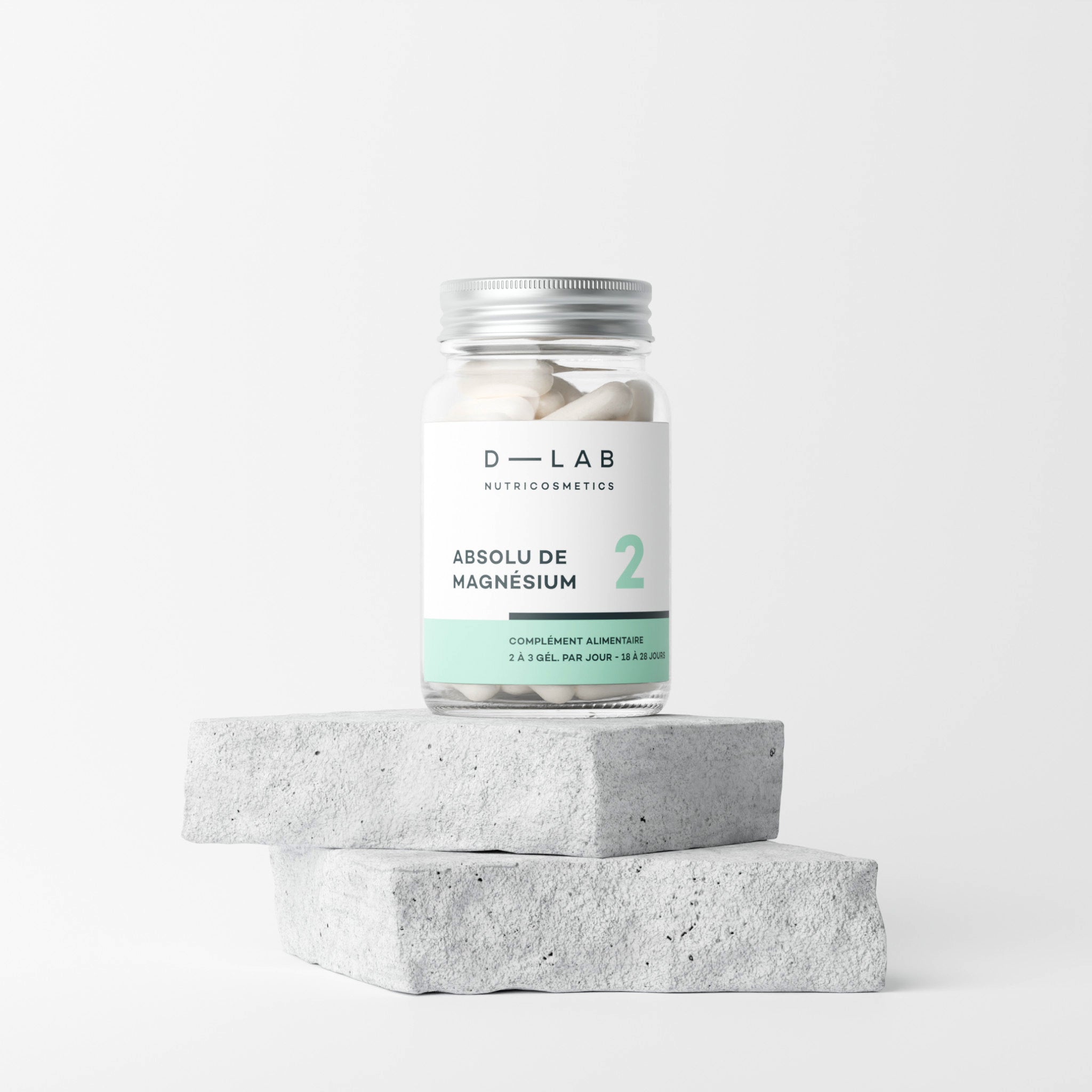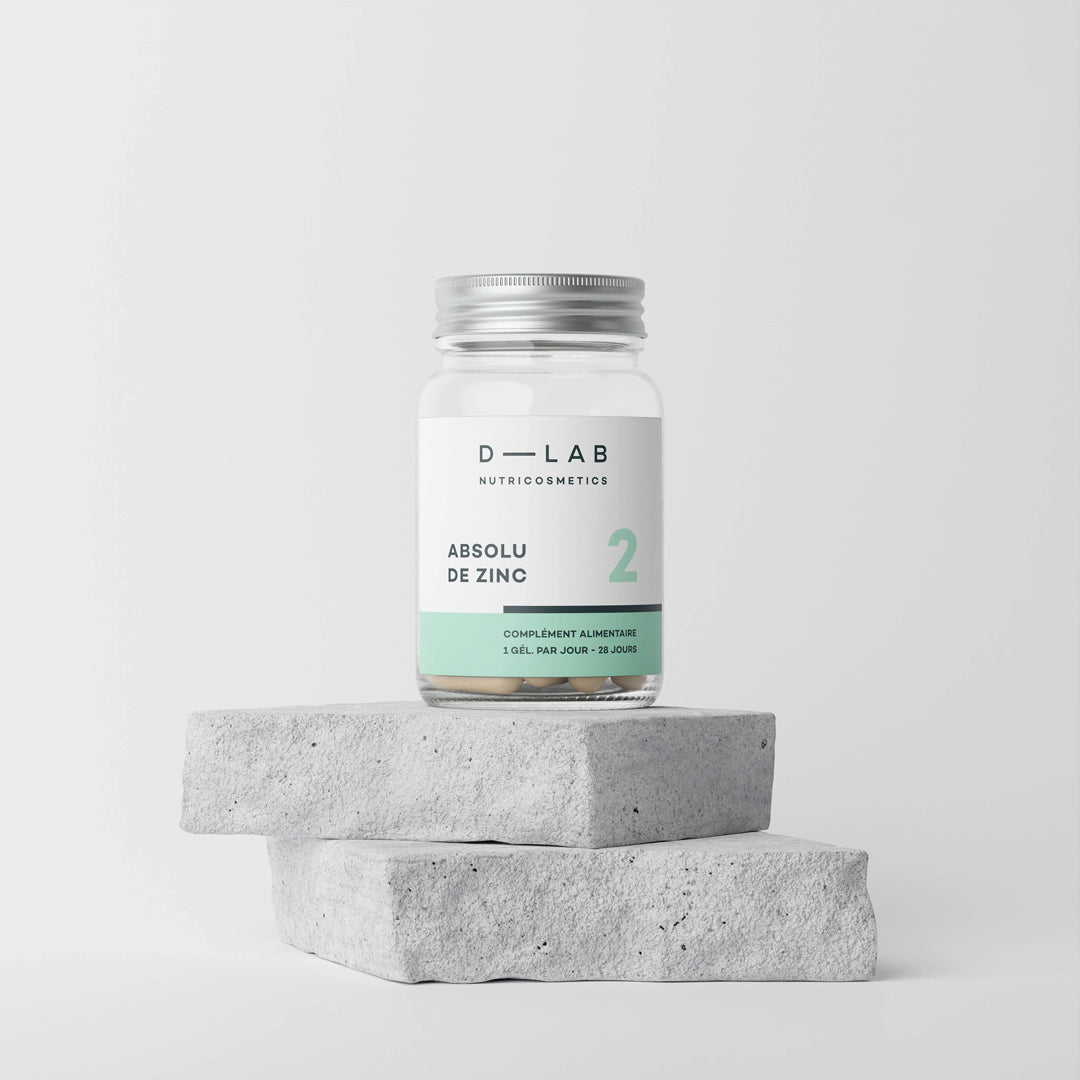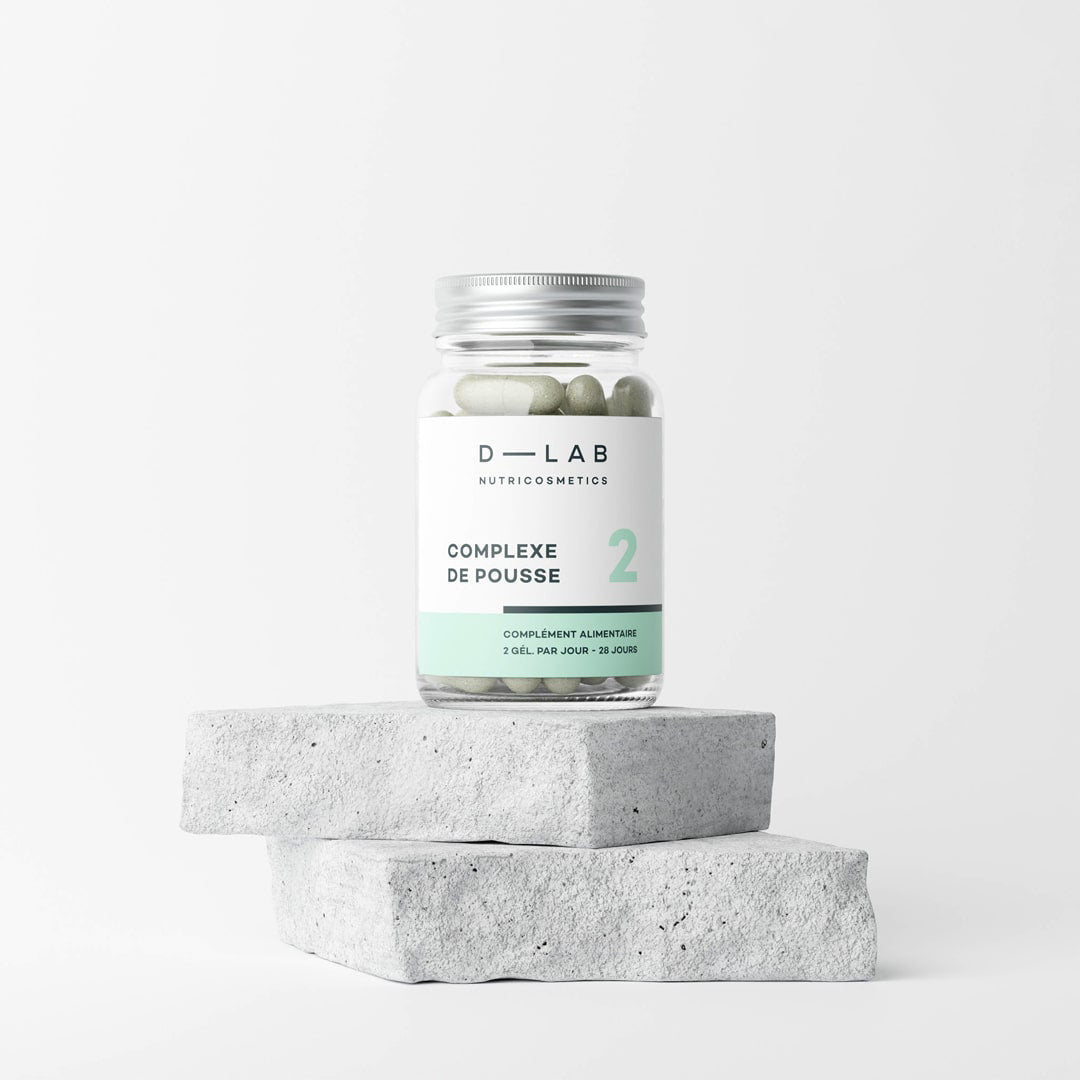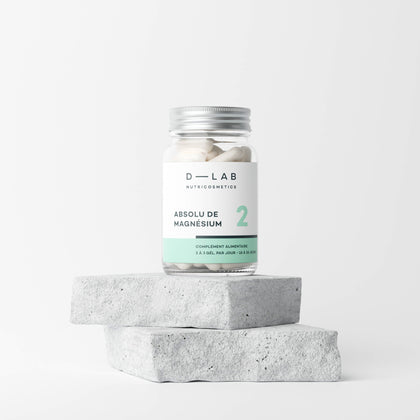
Stress is a natural reaction of the body to a situation perceived as threatening or difficult to manage.
Although a certain level of stress can be beneficial and motivate us to succeed, chronic stress can have many harmful effects on our body. But then, what are the effects of stress on the body?
Summary
I. Understanding stress hormones and their effects
Stress hormones are chemical substances produced by the body in response to a situation perceived as threatening or difficult to manage.
Stress hormones are ACTH (adrenocorticotropic hormone), cortisol, adrenaline, oxytocin and vasopressin.
Levels of these hormones increase when the body is under stress to prepare the body to respond.
Cortisolis considered the most important stress hormone because it has the most impact on the body's physical and mental functioning in response to stress.
Adrenaline is also important in preparing the body to respond quickly to a stressful situation.
Oxytocin and vasopressin are also involved in the body's response to stress, particularly in the regulation of the nervous and endocrine systems.
In short, stress hormones play a major role in the body's natural response to a stressful situation.
1. The role of cortisol
Cortisol is an essential hormone produced by the adrenal glands. It is a steroid hormone that plays a crucial role in regulating many functions in the body.
Cortisol is synthesized from cholesterol in the fasciculated zone of the cortex of the adrenal gland. It is regulated by the hypothalamic-pituitary system.
When the body is under stress, the hypothalamus releases Corticotropin-releasing hormone (CRH), which stimulates the pituitary gland to secrete adrenocorticotropic hormone, or ACTH. ACTH in turn stimulates the adrenal glands to produce and release cortisol into the bloodstream.
Cortisol plays a crucial role in many functions in the body.
It intervenes in the carbohydrate metabolism, by increasing blood sugar to provide energy to the muscles when needed.
It also acts on fat metabolism, promoting the distribution of fats in the body.
Additionally, cortisol regulates blood pressure and plays a role in the immune response, reducing inflammation.
Finally, cortisol is often associated with the stress response.
In times of stress, cortisol levels rise to prepare the body to respond. It helps mobilize the energy needed to cope with a stressful situation.
However, an imbalance in cortisol levels can have negative consequences on health, including increasing the risk of mood disorders, anxiety and insomnia.
Long-term cortisol leads to an increase in blood pressure, which can have consequences for our cardiovascular health.
Additionally, it inhibits the production of new bone cells, which can lead to loss of bone density and increase the risk of fractures.
Adequate balance in cortisol levels is essential for maintaining good health and well-being.
2. The influence of adrenaline
Adrenaline, also called epinephrine, is a hormone and neurotransmitter that plays a crucial role in stress responses.
It is released by the adrenal glands in response to intense emotions like fear, anger and stress.
When released, adrenaline causes a series of physiological reactions in the body, which help prepare the body to respond to potentially dangerous situations.
Adrenaline stimulates the cardiovascular system, increasing heart rate and blood pressure.
It also dilates the bronchi, which allows an increase in air flow into the lungs.
In addition, it mobilizes energy reserves by increasing the concentration of glucose in the blood, which provides additional energy to the muscles and brain.
It can also cause sensations such as increased heart rate, palpitations, sweating, and a feeling of increased alertness.
Adrenaline is often associated with the "fight or flight" response, which is a physical and mental preparedness reaction to imminent threat or danger.
This hormone helps the body prepare to respond quickly and effectively in stressful or potentially dangerous situations.
In addition, adrenaline can have consequences on our behavior and our mood.
Some research has shown that adrenaline can increase aggression, violence, and hyperactivity in some people.
This may explain why people may become more impulsive, more agitated, or more irascible under the influence of adrenaline.
A prolonged high heart rate can damage the heart muscle and increase the risk of heart disease.
Additionally, the increase in blood pressure associated with adrenaline can overload blood vessels, leading to a deterioration in their functioning.
It is therefore important to maintain a healthy balance in hormonal levels.
3. The involvement of oxytocin and vasopressin
Oxytocin plays an important role in stress management by promoting the reduction in the release of cortisol, the stress hormone, by the pituitary gland.
In addition, it exerts an anxiolytic effect by reducing the activity of the amygdala, a brain structure involved in the emotional response.
On the other hand, vasopressin seems to have a stimulating role in the stress response, by increasing the release of ACTH, a hormone stimulating the production of cortisol, and by promoting the response to social stress.
These two hormones, although related, appear to play opposing roles in regulating the stress response.
II. Understanding the effects of stress on the body
1. How stress affects the immune system
Chronic stress can weaken our immune system, making our bodies more vulnerable to illness and infection.
When we are stressed, our body produces fewer white blood cells, the cells responsible for our body's defense.
This decrease in white blood cells can make it more difficult to fight bacterial and viral infections.
Additionally, a weakened immune system can also promote the development of autoimmune diseases, in which the body attacks its own cells.
2. The effects of stress on the digestive system
Stress can have a significant impact on our digestive system.
When we are stressed, our body diverts blood from the digestive organs to the muscles, which slows down the digestion process.
This can lead to problems such as abdominal pain, bloating and transit problems.
Additionally, stress can also increase stomach acid production, which can lead to problems such as stomach ulcers or acid reflux.
3. The consequences on the skin
Stress can also have negative effects on our skin.
When we are stressed, our bodies release inflammatory chemicals that can cause skin problems such as:
- acne
- eczema
- psoriasis
- dry and itchy skin
- cellular aging
- teint terne
Additionally, stress can also aggravate already existing skin problems, such as redness, itching, or hives.
Read also: The effects of stress on the skin
4. The overall consequences on the body
Chronic stress can cause a series of consequences on the human body, affecting various bodily systems and functions. It can disrupt hormonal balance, increase blood pressure and cause sleep disturbances.
5. The effect on muscles
Stress can cause muscle tension, pain and spasms. Tight muscles can lead to headaches, neck and back pain, and even long-term musculoskeletal disorders.
6. The general impact on the body
Stress can also affect the cardiovascular system, increasing the risk of heart disease. It can cause palpitations, increased heart rate and high blood pressure.
7. Effects and Anxiety
Stress-related anxiety can lead to mood swings, irritability, and panic attacks. It can also affect concentration and memory.
8. Specific effects in women
In women, stress can disrupt the menstrual cycle, cause period pain, and worsen symptoms of premenstrual syndrome (PMS). It can also affect fertility.
9. What pain is caused?
Chronic stress can also lead to metabolic disorders, such as unintentional weight gain or weight loss, as well as appetite disorders.
10. What are the symptoms?
Symptoms of stress can vary from person to person, but they often include headaches, trouble sleeping, muscle pain, digestive problems, irritability and fatigue.
III. Solutions to combat the effects of stress on the body
There are different methods to combat stress and the effects of stress on the body.
1. Practice deep breathing
Deep breathing can help reduce stress by activating the parasympathetic nervous system, which is responsible for relaxation.
There are several breathing techniques that can help reduce stress and anxiety. Here are some of them:
- Mindful breathing: This technique involves focusing on your breathing and taking deep, intentional breaths to calm the mind and body.
- Diaphragmatic Breathing: This technique involves inhaling deeply using the diaphragm, which can help activate the body's relaxation response.
- 4-7-8 Breathing: This technique involves inhaling for a count of 4, holding the breath for a count of 7, then exhaling for a count of 8. It can help calm the nervous system and reduce stress.
- Alternate Nostril Breathing: This technique is a yogic breathing exercise that involves breathing alternately through one nostril at a time, which can help balance the body and calm the mind.
2. Exercise regularly
Regular exercise is beneficial for reducing stress. It helps release endorphins, brain chemicals that act as natural painkillers and improve mood.
3. Practice meditation
Meditation is a technique that can help calm the mind and reduce stress. There are different kinds of meditations, voices, music, binaural sounds, or even simply going for a quiet walk in nature and sitting against a tree.
4. Promote a healthy lifestyle
Eating a balanced, healthy diet, practicing good sleep hygiene, and avoiding stimulants such as caffeine and alcohol can also help reduce stress.
5. Find relaxing activities
Making time for activities that provide pleasure and relaxation, such as reading, listening to music, pursuing a hobby, or spending time in nature, can help reduce stress.
6. Seek social support
Talking about concerns and stress with friends, family or a professional can help share the emotional burden and find solutions or advice.
It's important to find the methods that work best for you, because everyone has their own unique stress management strategies. Don’t be afraid to explore different approaches and ask for help if needed.
IV. The use of food supplements to manage stress
Incorporating anti-stress food supplements into your daily beauty routine can be an effective method to counter the effects of stress on the body.
Enriched with micronutrients and herbal medicine, these supplements allow specific action at the cellular level to treat stress from the inside.
D-LAB has developed several supplements aimed at improving stress managementdaily and soothing skin inflammation.
These supplements contain active ingredients recognized for their adaptogenic, soothing and calming properties.
- The Let Go Complex offers a high dose of antioxidant adaptogens that help reduce stress and promote restful sleep. Its formula contains extracts of eschscholtzia, sweet clover, lion's mane and eleutherococcus, making it an ideal ally for soothing the skin on a daily basis.
- Magnesium Absolute , an innovative formula that combines 3 different forms of magnesium (glycerophosphate, bisglycinate and microencapsulated oxide), vitamins of group B and D for maximum effectiveness and perfect assimilation. Ideal for reducing fatigue, combating stress, improving sleep or supporting pregnancy.
Also read: The benefits of liposomal magnesium
Chronic stress can have many detrimental effects on our bodies. It can disrupt our hormonal balance, weaken our immune system, affect our digestive system and worsen skin problems. It is therefore important to implement stress management techniques, such as meditation, regular physical exercise and a healthy lifestyle, to preserve our physical and mental health.
Discover the anti-stress range
How does stress influence sleep quality and what natural solutions can help?
Stress can disrupt the quality of sleep by causing insomnia, nighttime awakenings and nightmares. To improve sleep quality, it is recommended to practice relaxation techniques, such as meditation or deep breathing, and adopt a regular sleep routine. Supplements with melatonin or soothing herbs can also help promote restful sleep.
How can stress affect the beauty of the skin?
Stress can cause skin problems such as acne, eczema, psoriasis and premature aging of the skin. It is important to take care of your skin by using suitable products and adopting a regular skincare routine. Dietary supplements rich in antioxidants and essential nutrients can also help improve skin health.
What pain does stress cause?
Stress can cause muscle pain, headaches, abdominal pain and joint pain. It is important to practice relaxation techniques and exercise regularly to reduce muscle tension and relieve pain.
Which D-LAB NUTRICOSMETICS food supplements can help alleviate the effects?
Dietary supplements based on magnesium, adaptogenic plants and B vitamins can help reduce the effects of stress on the body. They help improve stress management, reduce fatigue and promote restful sleep.



























